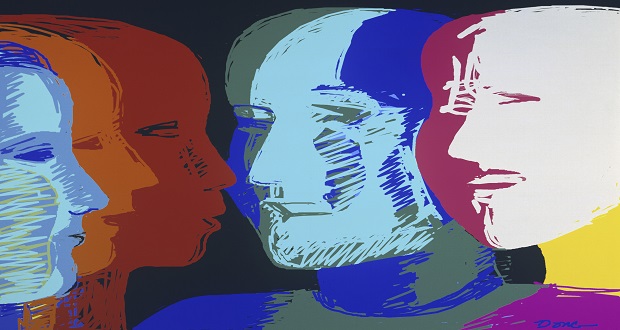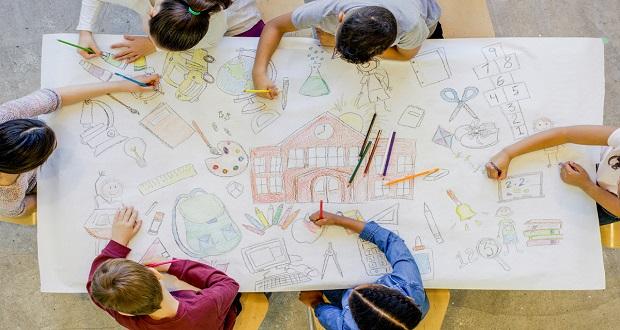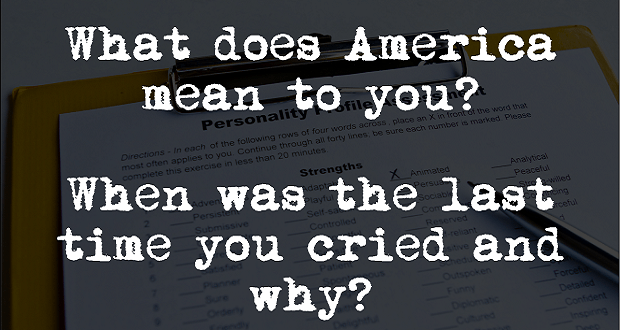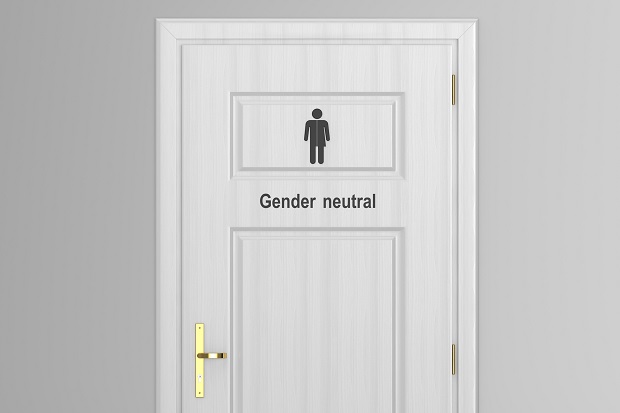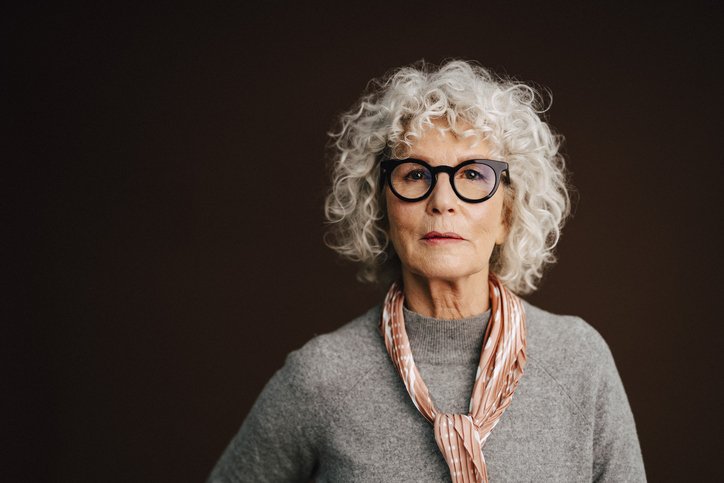
Almost everyone gets white privilege wrong.
As the Founder of It’s Been My Privilege, I spend my days writing blogs and creating training courses to educate people about white privilege. Which means I talk about it a lot.
The thing is, when it comes to white privilege, practically everyone enters conversations with misunderstandings. This is particularly true for my fellow white people. When I talk with them, I tend to get this response:
“I’m not privileged! I’m not rich. I’ve struggled to put food on the table. I haven’t had it easy. My parents are working class! I’ve never inherited anything.”
Now, if you’re white, you may have thought something similar. You might have felt your hackles rising when someone mentions the subject. You might get defensive or withdraw. But, in all likelihood, that’s because you’ve got it wrong.
I can pretty much guarantee that white privilege is not what you thought it was.
Take a look at the response I’ve written above. White privilege is, by definition, the benefit of being white. So, what does being rich, struggling through life, or not inheriting anything have to do with whiteness? Nothing. For white people, none of those things has anything to do with the color of their skin.
Which begs the question, why are so many people getting this wrong? I will answer this by providing 5 facts I wish everyone knew about white privilege.
1. White privilege is not about being rich.
Contrary to popular belief, white privilege is not about being rich. It has nothing to do with a person’s wealth status. Intellectually, we all know this. There are rich people of every skin color. We can think of plenty of people who are rich and not white.
So, why the confusion? Why do people automatically assume that white privilege = wealth? Well, many of us don’t understand how white privilege works. We don’t recognize how whiteness benefits those who have it. And many white people don’t talk about race or how it impacts their lives. In short, many of us are uneducated about this topic, so when we hear the phrase “white privilege,” we ignore the “white” bit and focus only on the “privilege” bit. And, for many of us, privilege means wealth.
We can think of wealth distribution as a pyramid. The poorest in society are numerous and sit at the bottom of this pyramid. The billionaires sit at the very top.
Most of us know that the further up the pyramid you are, the more benefits you receive from society. We know that wealthy people have fewer financial challenges. The higher up you go, the easier life becomes. We know life is more challenging for those at the bottom than at the top.
But wealth privilege and white privilege are not the same.
2. White privilege is not a class status.
Again, many people assume that white privilege has something to do with class status. I’m British and live in the U.K. Here, we have a familiar class system. Like the wealth pyramid, we know that upper-class people benefit more than the middle and working classes. This structure is familiar to us. We all know where we are. In the U.S., while class is less defined, it still exists. As a result, those at the top of the pyramid benefit most, while those at the bottom struggle more. Furthermore, in both countries, class and wealth are linked. Wealthy people are upper class, while the poorest in society are working class or claim welfare.
On top of this, class/wealth privileges are often linked to whiteness. They’re not the same, but they are connected. Very often, wealthy upper-class people are also white. We see relatively few non-white people in this group, and see people of color disproportionately represented in the poorest sectors of society. Thus, many come to associate white privilege with economically privileged people.
This is inaccurate. I can’t stress this enough. White privilege is not a class status.
3. White privilege is not about having an easy life.
A third common misconception is assuming white privilege means having an easy life. Many believe it represents a life without suffering, a charmed life free from adversity.
But this is not true. White people suffer. They struggle for money, get ill, and face job losses, grief, and heartbreak. Many white people are poor and face tremendous economic hardships.
Having white skin doesn’t protect people from difficulties.
White privilege is not about having an easy life.
4. White privilege is a bubble of protection from structural racism.
This brings us neatly to what white privilege is. We’ve established that it is distinct from wealth or class. It’s not about having an easy life, either. White privilege is simply a bubble of protection from structural racism.
Structural racism is racism that’s embedded into the written and unwritten rules, guidelines, and laws of society. These create conditions that lead to disparate outcomes, such as higher death rates among BIPOC from COVID-19. Structural racism affects the well-being, lives, and opportunities of people of color. It normalizes historical and institutional practices that benefit white people and disadvantage others.
People with white skin do not experience structural racism. That’s a privilege.
The absence of structural racism in the lives of white or white-passing people is a massive deal. This is because racism is a massive deal; it’s harmful and hurtful. It leads to reduced opportunities, ostracization, abuse, and, in some cases, death.
To live a life free from this harm is an enormous privilege. That’s what white privilege is: a life free from structural racism.
5. White skin isn’t the problem, it’s the system.
If you’re white, you may feel embarrassed, guilty, or ashamed to live a life free from structural racism. It’s normal to feel this way. However, these feelings often make us defensive when learning about white privilege. “I can’t change the color of my skin” is an argument I hear often.
If you’re feeling this way, please understand this: No one’s asking you to change your skin color. Or to feel guilty about it. It’s not your skin color that’s the problem, it’s the system that privileges whiteness and white people in ways that others cannot access. This is privilege that you didn’t ask for, but benefit from nonetheless.
So, if the system privileging whiteness is the problem, what’s the solution? White people can no more relinquish our privilege than our non-white friends can relinquish racism. Regrettably, our society is structured like this right now. But we can work to change the community in which we live. And the first step in that change is awareness.
Becoming aware of how we benefit is a significant first step. Once we know what’s happening, we can do something about it. We can notice when white people are prioritized, overly represented, or given preferential treatment. Those of us in positions of power, even minor ones, can do a lot to effect change.
For example, you may be a team leader recruiting a new team member. You might notice that your current team is all white. So, you might implement a new recruitment strategy that ensures 50 percent of the candidates you interview identify as BIPOC. In this way, you’re more likely to increase the diversity of your team. Critically, continuing this work after hiring by ensuring your department is inclusive will help your new team members to feel safe, welcomed, and valued.
These shifts are within the control of many white people and can move us from feeling powerless and stuck with our guilt to taking positive, effective actions.
Conclusion
The defensive reactions of my fellow white people are typically due to misunderstanding the idea of white privilege. It’s not about being rich or upper class. It’s not about having an easy life, either. White privilege is a bubble of protection from systemic racism. That’s all.
It’s not our whiteness that’s the problem, it is a system of racism that affords us privilege that we didn’t ask for but benefit from regardless. Becoming aware of our privilege is the first step toward change. White people can do a lot to effect real and lasting change.
I firmly believe that if more people understood this, we could have constructive conversations about unraveling our white privilege.
Want to know more? Sign up for my free 7-day email course, An Introduction to White Privilege.

